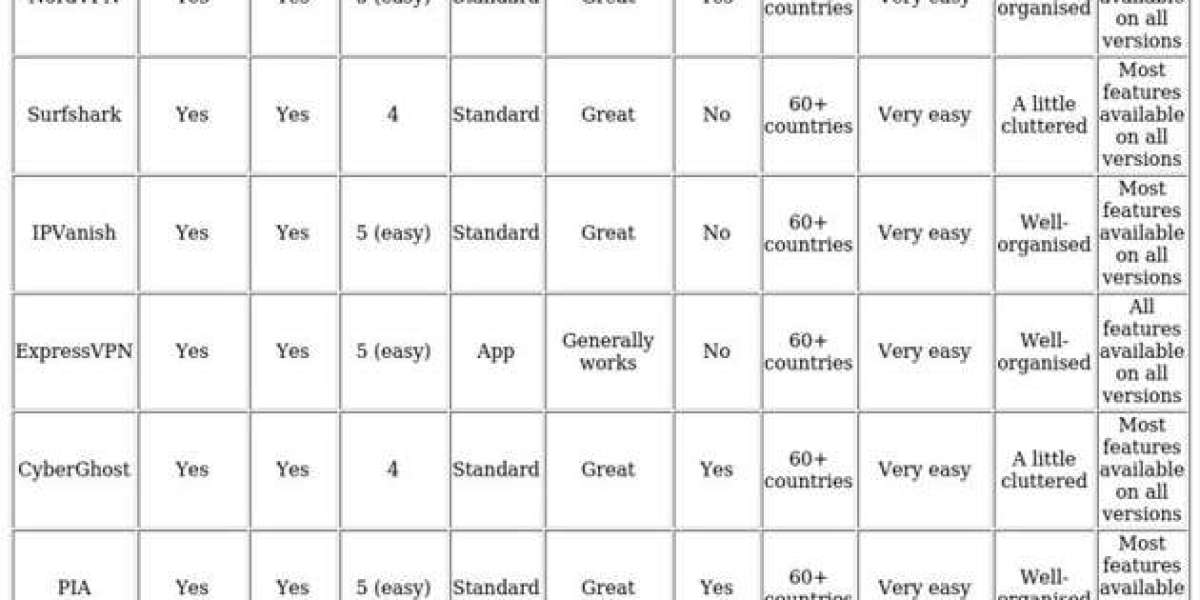Stepping into a job interview can feel like entering a high-stakes examination. Butterflies flutter, palms get sweaty, and your mind races. But what if you could walk in feeling confident, prepared, and ready to tackle whatever comes your way? The secret lies not in memorizing exact responses, but in understanding the intent behind the most common interview questions and crafting authentic, impactful interview questions and answers.
At StudentCircus, we believe preparation is power. Let's demystify the interview process by exploring those familiar questions you're almost guaranteed to encounter, and how to turn them into opportunities to shine.
1. "Tell Me About Yourself." – Your Elevator Pitch
This seemingly simple opening is often the most dreaded. It's not an invitation to recount your life story. Instead, it's your chance to deliver a concise, compelling "elevator pitch" about who you are professionally. Focus on relevant experiences, skills, and aspirations that align with the role you're interviewing for. Think about your journey, highlighting key achievements and what brought you to this specific opportunity. Practice a 60-90 second summary that's enthusiastic and professional.
2. "Why Are You Interested in This Role/Company?" – Show Your Research
This question is a litmus test for your genuine interest and how much research you've done. A generic answer won't cut it. Before the interview, delve into the company's mission, values, recent news, and the specifics of the role. Connect your skills, experience, and career goals directly to what the company does and what the position demands. Show them you're not just looking for a job, but this job.
3. "What Are Your Greatest Strengths?" – Highlight Relevant Skills
This is your moment to brag, but strategically. Don't just list adjectives. Choose 2-3 strengths that are directly relevant to the job description and support them with brief, specific examples. For instance, if communication is a strength, talk about a time you successfully mediated a conflict or presented a complex idea clearly. Align your strengths with the qualities the employer is seeking.
4. "What Are Your Greatest Weaknesses?" – Be Honest, Be Reflective
This is perhaps one of the trickiest of all common interview questions. The key here is honesty tempered with self-awareness and a growth mindset. Avoid clichés like "I'm a perfectionist." Instead, choose a genuine weakness that isn't critical to the job function, and crucially, explain what steps you're taking to improve it. For example, "I'm working on delegating more effectively by proactively assigning tasks and trusting my team's capabilities." This shows maturity and a commitment to personal development.
5. Behavioral Questions: "Tell Me About a Time When..."
These interview questions aim to understand how you've handled past situations, as an indicator of future behavior. They often start with phrases like, "Tell me about a time you faced a challenge," "Describe a situation where you had to work with a difficult colleague," or "Give an example of a time you failed."
The STAR method (Situation, Task, Action, Result) is your best friend here.
- S (Situation): Briefly describe the context of the situation.
- T (Task): Explain the task or challenge you faced.
- A (Action): Detail the specific actions you took to address it.
- R (Result): Conclude with the positive outcome or what you learned from the experience. Practice using the STAR method for various scenarios, so you can confidently deliver compelling interview questions and answers.
6. "Do You Have Any Questions for Us?" – Always Ask!
This question is a non-negotiable opportunity. Always have a few thoughtful questions prepared. This shows your engagement, critical thinking, and genuine interest in the role and company culture. Avoid asking about salary or benefits in the first interview. Instead, inquire about team dynamics, future projects, training opportunities, or how success is measured in the role.
General Tips for Acing Your Responses:
- Practice, Don't Memorize: Rehearse your interview questions and answers aloud, but don't sound robotic. Aim for natural conversation.
- Be Authentic: Let your personality shine through. Employers want to hire a real person, not a script.
- Listen Carefully: Ensure you understand the question before you answer. Don't be afraid to ask for clarification.
- Stay Positive: Even when discussing challenges, frame them with a positive, problem-solving attitude.
- Follow Up: A concise thank-you note reiterates your interest and professionalism.
By familiarizing yourself with these common interview questions and understanding the strategies behind effective interview questions and answers, you can transform your next interview from a nerve-wracking ordeal into a successful step towards your career goals.








